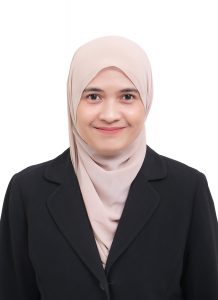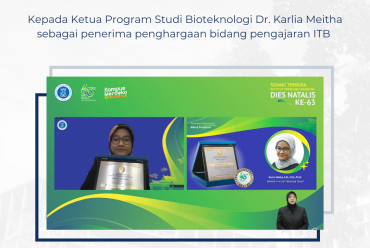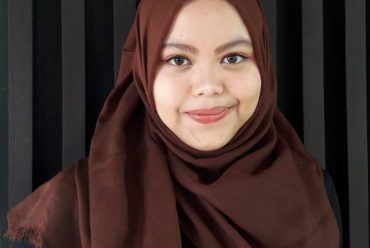Anastasia Noeng

Name : Anastasia Noeng
Batch : 2022
E-mail : anatasssiia@gmail.com
Interest : Plant-derived Exosome-like Nanoparticles, Exosome, Cell Culture, Nano Cosmetics, Cellular Regeneration and Proliferation, Nanoparticle Internalization in Human Skin Cells, The potential applications of plant extracts in the field of cosmetics
Research Experience
In the course of my Master’s thesis, I isolated and characterised plant-derived exosome-like nanoparticles (PDEN) from sapodilla fruit, with a view to exploring their potential in addressing UVB-induced skin damage for cosmetic applications. The isolation of Mz-PDEN was successfully achieved through the application of filtration, centrifugation, and PEG precipitation, followed by the characterisation of the resulting material via DLS, TEM, and GC-MS. The antioxidant activity was evaluated using a DPPH assay, while the cytotoxicity, internalisation, and cell migration were assessed through the implementation of MTT and scratch assays on a 1BR.3 cell line. The study demonstrated that Mz-PDEN at a concentration of 2.5 µg/mL facilitated cell proliferation, migration, and protection from UVB-induced damage, thereby indicating its potential for the development of skincare products.
Skills
Nanoparticle Isolation and Characterisation – Proficient in the isolation and analysis of nanoparticles (PDEN) utilising techniques such as filtration, differential centrifugation, and polyethylene glycol precipitation.
Analytical Techniques – Proficient in the utilisation of dynamic light scattering (DLS), transmission electron microscopy (TEM), and gas chromatography-mass spectrometry (GC-MS) for the analysis of particle size, stability, and composition.
Biochemical Assays – Proficient in the execution of antioxidant assays (DPPH), cytotoxicity tests (MTT), and protein quantification (bicinchoninic assay).
Cell Culture and In Vitro Testing – Proficient in the conduct of cell viability, migration (scratch assay), and proliferation studies using a 1BR.3 cell line, particularly under UVB radiation.
Microscopy – Proficient in the utilisation of confocal laser scanning microscopy (CLSM) for the observation of nanoparticle internalisation in cells.
Data Analysis and Interpretation – Capacity to analyse experimental data in order to draw conclusions regarding the efficacy and safety of nanoparticles in cosmetic applications.
These skills showcase a substantial proficiency in research, laboratory work, and analytical techniques.
Testimonial
The pursuit of my Master’s degree in Biotechnology at ITB has been an enriching and transformative experience. The programme provided me with state-of-the-art knowledge and practical abilities that were fundamental to my thesis research, in which I concentrated on the isolation and characterisation of plant-derived exosome-like nanoparticles (PDEN) from sapodilla fruit for cosmetic applications. The comprehensive curriculum and access to advanced laboratory facilities at ITB provided the opportunity to master key techniques, including nanoparticle isolation, dynamic light scattering (DLS), transmission electron microscopy (TEM), and in vitro testing on human cell lines. Additionally, the programme fostered the ability to conduct independent research, analyse data, and apply biotechnological innovations in real-world applications. Overall, the Biotechnology programme at ITB has provided comprehensive preparation for success in both scientific research and industry settings.



No Comments